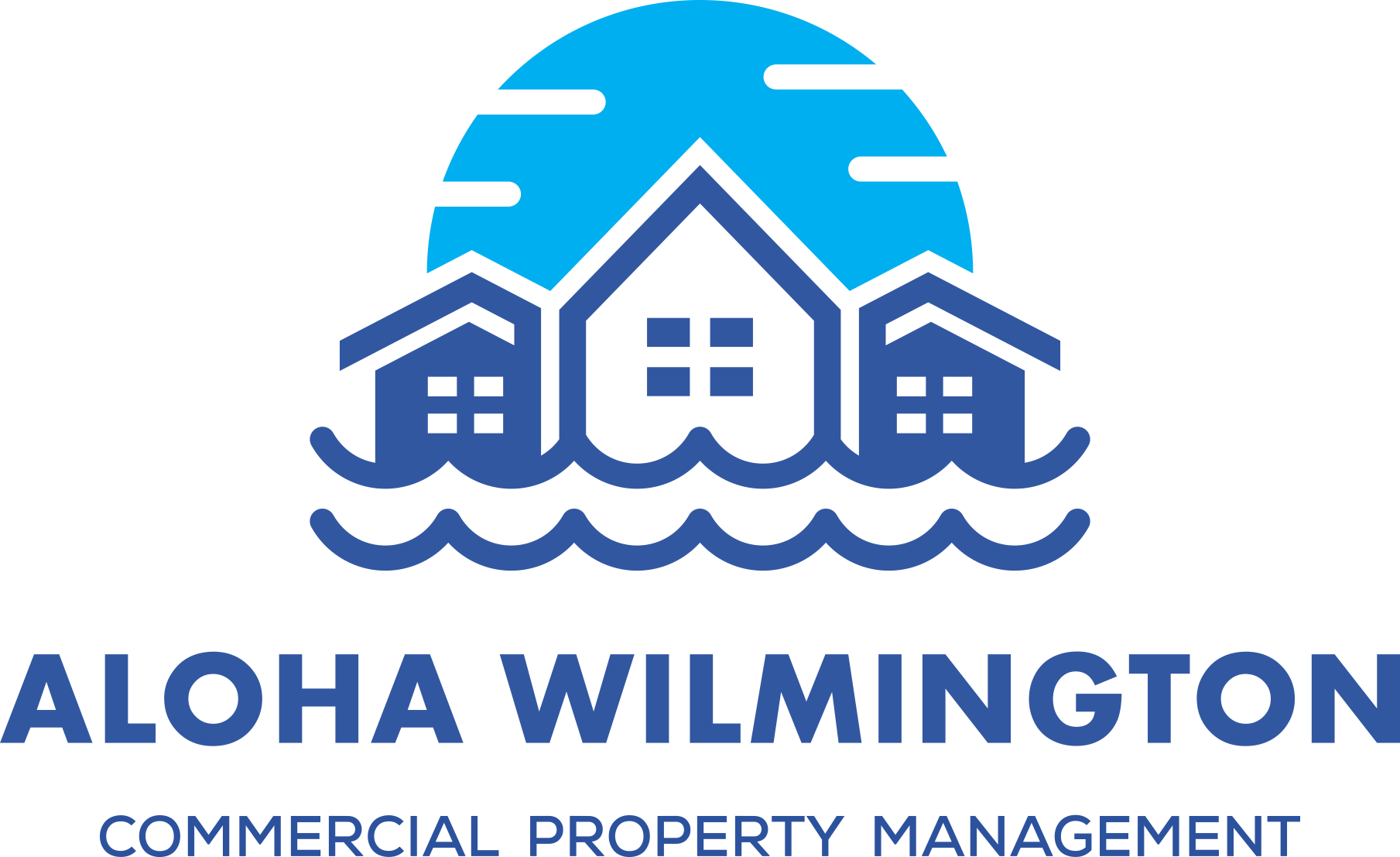Guide To Hiring A Commercial Property Management Company
 Define Your Needs.
Define Your Needs.
Before beginning your search, clearly outline what services you require. Property management responsibilities can vary widely, so make sure to determine which of the following services you’ll need:
- Tenant Relations: Screening tenants, handling leases, and addressing tenant issues.
- Maintenance & Repairs: Routine property maintenance and emergency repairs.
- Financial Management: Rent collection, financial reporting, and budget management.
- Legal Compliance: Ensuring the property is up to code and handling lease agreements and disputes.
- Marketing & Leasing: Advertising available spaces and negotiating leases.
- Capital Improvement: Overseeing upgrades and renovations to enhance property value.
 Look for Experience & Expertise.
Look for Experience & Expertise.
Experience is critical in property management. Look for firms with:
- Proven Track Record: Review the property manager’s experience managing commercial properties similar to yours in terms of size, type (retail, office, industrial), and complexity.
- Industry Knowledge: A deep understanding of local market trends, laws, and regulations will ensure that the property manager can anticipate challenges and seize opportunities.
- References and Reviews: Ask for client references and check online reviews to gauge the company’s reputation. Speak with other property owners to get insights into their experience.
 Evaluate Communication Skills.
Evaluate Communication Skills.
Effective communication is key in property management. Ensure the management team is:
- Responsive: They should be prompt in answering your calls or emails and keep you updated on important issues regarding your property.
- Clear in Reporting: They should provide regular and detailed reports on financials, tenant status, and maintenance issues.
- Proactive: They should keep you informed about market conditions, potential risks, or opportunities for improving your property.
 Assess Financial & Legal Knowledge.
Assess Financial & Legal Knowledge.
Commercial property management often involves intricate financial and legal aspects:
- Financial Acumen: Ensure they are capable of managing budgets, providing accurate financial reports, handling rent collection, and managing expenses.
- Legal Understanding: They should be knowledgeable about local landlord-tenant laws, building codes, lease agreements, and eviction processes to protect your interests and ensure legal compliance.
 Check Their Resources & Team.
Check Their Resources & Team.
A good property management firm should have a strong network and resources:
- In-House Staff or Trusted Contractors: Inquire about their maintenance team and if they have reliable contractors for repairs or upgrades. This can save you time and money compared to sourcing vendors independently.
- Technology: Property managers should leverage technology for ease of communication, maintenance tracking, and financial reporting.
 Consider Cost & Contract Terms.
Consider Cost & Contract Terms.
Understand the fees and the contract terms before moving forward:
- Fee Structure: Commercial property management companies typically charge a percentage of the property’s monthly revenue (usually 4-10%). Ensure the fees are clearly outlined, including any additional charges for specific services like leasing or maintenance.
- Contract Flexibility: Review the terms of the management agreement. Look for a reasonable contract length, performance clauses, and clear exit terms in case you decide to change managers.
 Look for a Personalized Approach.
Look for a Personalized Approach.
The best property managers take a personalized approach to each property they manage. They should be willing to:
- Understand Your Goals: They should tailor their approach to match your investment objectives, whether you’re focused on maximizing rental income, improving tenant retention, or preparing the property for sale.
- Adapt Their Services: Choose a manager who can offer flexible services based on your property’s specific needs and your level of involvement.
 Schedule Interviews.
Schedule Interviews.
Make sure to be prepared for your interviews with commercial property management firms. Some good questions to ask are:
- Can you provide examples of similar properties you’ve managed?
- How do you handle tenant issues, late payments, or lease renewals?
- How do you manage property maintenance and repairs?
- How do you communicate with property owners, and what reporting is provided?
- What are your contingency plans for emergency situations?
This is not an exhaustive list, but is a good place to start when looking for a property manager!
